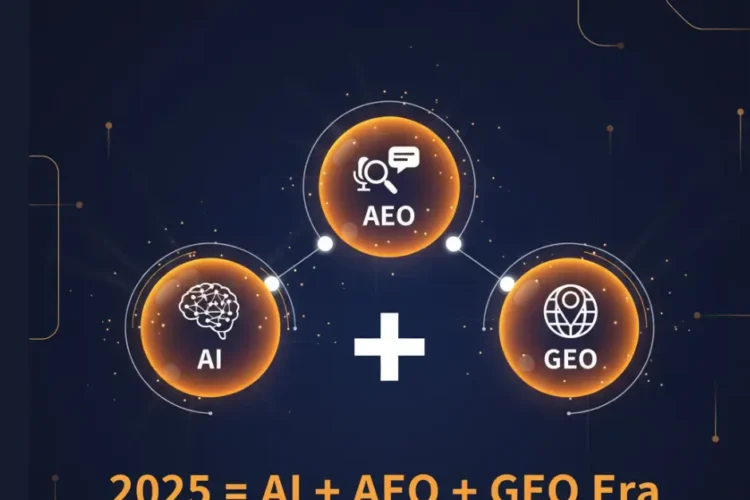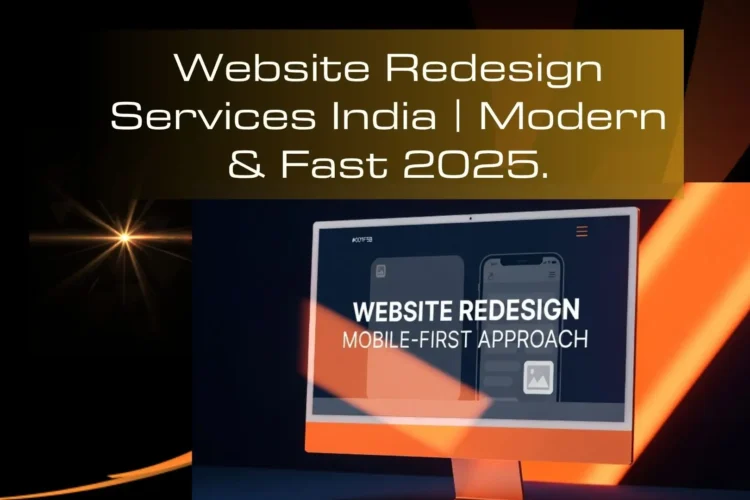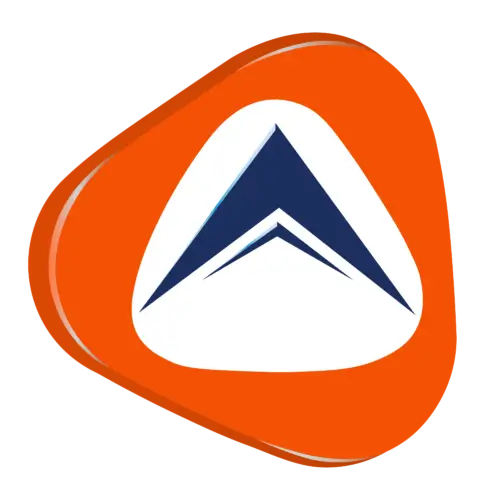
Table of Contents
Finding the right developer for your logistics website shouldn’t feel like a delivery gone wrong. As the logistics sector advances, having a strong online presence is essential for success. A well-crafted website can streamline operations, enhance customer interactions, and ultimately drive business growth. This guide will help you select the best logistics website developer tailored to your unique needs.
What is Logistics Website Design?
When considering logistics website design, it’s vital to create a platform that is not only visually appealing but also highly functional. Your website acts as a digital storefront, providing potential clients with their first impression of your business. Therefore, investing in a design that reflects your brand’s identity and meets industry standards is crucial.
Key Features to Include in a Logistics Website

A successful logistics website should incorporate specific features tailored to the industry. Here are some essential elements to consider:
Real-Time Tracking: Customers appreciate being able to track their shipments at any time. This feature fosters transparency and builds trust.
Customer Portals: A dedicated space for clients to manage their orders and access important information enhances user experience.-
Responsive Design: With many users accessing websites via mobile devices, ensuring your site is mobile-friendly is critical for retaining potential customers.
Cost Calculators: Allowing customers to estimate shipping costs can help them make informed decisions quickly.
Live Chat Support: Implementing live chat can improve customer service by providing immediate assistance and answering queries in real time.
Selecting the Right Logistics Website Developer

Choosing a developer who understands the nuances of logistics is essential. Here are some steps to guide you through the selection process:
1. Review Their Portfolio
Examining a developer’s previous work gives you insight into their style and capabilities. Look for projects similar to your needs, especially those that emphasize logistics functionalities.
2. Check References and Reviews: Reach out to previous clients or read online reviews to gauge customer satisfaction. This step can reveal how well the developer communicates and meets deadlines.
3. Evaluate Technical Skills: Ensure that the developer is proficient in the latest technologies and platforms relevant to logistics websites. They should be familiar with integrating real-time tracking systems, customer portals, and other essential features.
4. Discuss Customization Options: Many competitive blogs often overlook how essential customization is in logistics websites. Your business has unique requirements, such as real-time data updates and robust security measures. Ensure that your chosen developer can tailor solutions specifically for your operations.
Essential Features for Logistics-Focused Websites

To stand out in a competitive market, your logistics website must include specific features that cater to both your business needs and customer expectations:
Real-Time Shipment Tracking
This feature allows customers to monitor their shipments at every stage of transit. It can include SMS or email notifications about shipment status changes, enhancing transparency and customer satisfaction.
Inventory Management Systems: Integrating inventory management into your website can streamline operations by allowing customers to check stock levels in real-time, thus improving order accuracy.
Customer Portals: A user-friendly portal enables clients to manage their orders efficiently. Features might include invoice access, order tracking, and feedback submission, all contributing to a better user experience.
Advanced Search Functions: Implementing robust search capabilities helps users find services quickly, improving navigation and usability on your site.
Understanding Cost vs. Value in Web Development for Logistics

Understanding the balance between cost and value is crucial when investing in web development for your logistics business. Here are some considerations:
Breakdown of Development Costs
Basic Websites: These typically range from $5,000 to $15,000 but may lack advanced functionalities.
Customized Solutions: Expect costs between $15,000 and $50,000 for websites with tailored features like real-time tracking or complex inventory systems.
Enterprise-Level Solutions: For comprehensive platforms with extensive integrations, costs can exceed $50,000 depending on complexity.
Where Spending Adds Value : Investing in features that directly enhance user experience or operational efficiency can yield significant returns:
Advanced Tracking Integrations: These systems improve customer trust and satisfaction by providing accurate delivery information.
User Experience Optimization: A well-designed interface reduces bounce rates and increases conversion rates by making navigation intuitive.
SEO Best Practices for Logistics Websites

To ensure your logistics website ranks well on search engines, implement these SEO strategies:
Conduct Keyword Research
Perform thorough keyword research focusing on terms like “logistics website design” and “website for logistics.” Use tools like Google Keyword Planner or SEMrush to identify high-value keywords relevant to your business.
Optimize On-Page Elements: Optimize title tags, meta descriptions, and headings with primary keywords. Ensure content is informative and addresses user intent effectively.
Focus on Technical SEO: Ensure fast loading times, mobile-friendliness, and proper indexing by search engines through technical optimizations like XML sitemaps and responsive design.
Enhancing User Experience (UX): A positive user experience is critical for retaining visitors on your logistics website. Here are some UX best practices:
Simple Navigation: Ensure users can easily find what they’re looking for without confusion.
Fast Loading Speeds: Optimize images and utilize caching techniques to reduce loading times.
Clear Calls-to-Action (CTAs): Guide users towards desired actions with prominent CTAs throughout your site.
Building Trust Through Security Measures

In the logistics industry, security is paramount due to sensitive data handling. Make sure your chosen developer incorporates robust security measures:
SSL Certificates: Secure connections protect customer data during transactions.
Data Encryption: Encrypt sensitive information stored on your site to prevent unauthorized access.
Regular Security Audits: Schedule audits to identify vulnerabilities and ensure compliance with industry standards.
Long-Term Support and Scalability for Your Website for Logistics

When choosing a logistics website developer, consider their commitment to long-term maintenance. Scalability is key for logistics companies, especially as they expand operations or adopt new technologies. Developers offering continued support ensure that your website evolves with your business needs.
Frequently Asked Questions (FAQ)
Q1: What should I look for in a logistics website developer?
Look for experience in building logistics-specific websites, a strong portfolio showcasing relevant projects, good communication skills, and an understanding of essential features like real-time tracking and customer portals.
Q2: How much does it cost to develop a logistics website?
Costs vary widely based on complexity; basic sites may start at $5,000 while customized solutions could range from $15,000 to over $50,000 depending on features required.
Q3: Why is SEO important for my logistics website?
SEO helps improve visibility on search engines, attracting potential clients actively seeking logistics solutions while establishing credibility within the industry.
Q4: What are the essential features of a website for logistics?
Key features include real-time tracking capabilities, customer portals for order management, responsive design for mobile users, cost calculators for shipping estimates, and live chat support for immediate assistance.
By following this guide and focusing on essential elements like customization and user experience while keeping an eye on cost versus value dynamics, you will be well-equipped to choose the right developer who can create an effective online presence for your logistics business in 2025.




